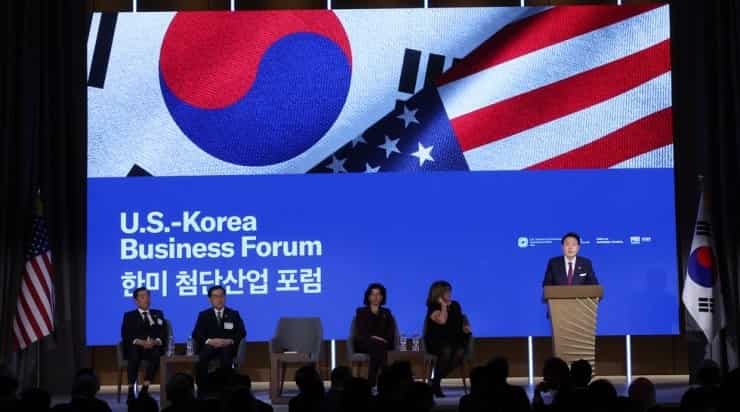Aromatic chemicals – Batteries – Bio 28-04-2023 - Arhive
Aromatic chemicals – Batteries – Bio
Crude Oil Prices Trend
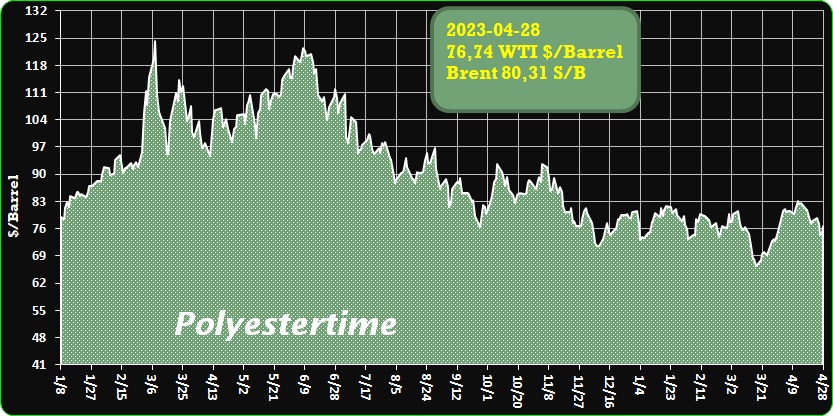
Crude Oil Prices Trend by Polyestertime
-Appalachian Electronic Instruments to showcase ‘TuftX’ at ITMA 2023
The company offers products for the tufting, warping and warp knitting markets with many of them in their seventh or eighth generation.
In the quality control and monitoring systems’ segment that is counted amongst the most fiercely competitive in the textile industry, Appalachian Electronic Instruments (AEI) is one company that has been able to make its own distinct mark. Now, AEI is all set to showcase its latest products at ITMA 2023 to be held at Milan in June. In an exclusive interaction, the company’s President Gary McComas expressed that 2023 has, so far, been a sort of mixed year. “It has been a good but difficult year. The difficulties are due to the lingering supply chain issues and finding parts to fulfil orders. AEI is a small company and does not have the buying power of a larger organisation,” he said. Aromatic chemicals – Batteries – Bio
Elaborating about the product range offered by the company, McComas said, “AEI offers products for the tufting, warping and warp knitting markets. Many products are in their seventh or eighth generation.” AEI has been a strong player in the tension control market for many decades. Last year, that product line was sold to Karl Mayer so that AEI could focus on its patented yarn monitoring technology for warping and tufting. AEI will move from this historic position of tension control to yarn breakage and tension variation monitoring. “The reason behind this strategic move is that the future technology requirement is focused on yarn monitoring,” Mc Comas said.
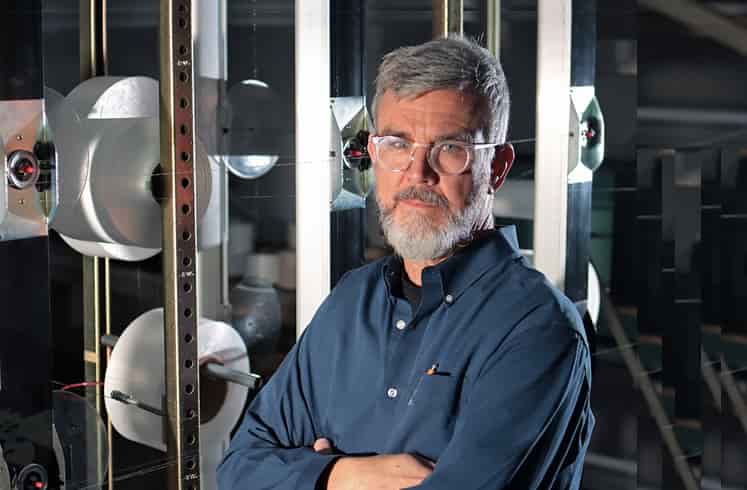
-Tesla: batteries degrade by only 12% after 320,000 km
Tesla has revealed the average degradation of battery capacity (and range) for its electric cars in its new Impact Report. Apparently, on average, the American automaker’s car batteries degrade by just 12% after 200,000 miles (321,868 km) of use, far exceeding expectations. The impressive battery life of Elon Musk’s company’s car batteries comes from the company’s constant investment in research and development. Battery degradation, which represents the loss of capacity and range over time as mileage increases, is a major concern for new EV buyers.
Tesla batteries degrade by about 12% after 320.00 km
Tesla has consistently pushed the limits of battery technology, ensuring its electric vehicles remain at the forefront of the industry in performance and sustainability. To this day, the company continues to innovate and improve its battery technology.
In fact, the American company is developing new chemicals that promise to work even better than the current ones. As more data becomes available, Tesla plans to expand its disclosure of these new battery chemistries to keep consumers informed about the battery performance of its vehicles. Aromatic chemicals – Batteries – Bio
Tesla battery life benefits the environment by reducing waste from battery replacements and helps make electric vehicles more affordable for consumers in the long run. As the electric vehicle market continues to grow, the outstanding performance of Tesla batteries will play a significant role in encouraging more people to switch to sustainable transportation.
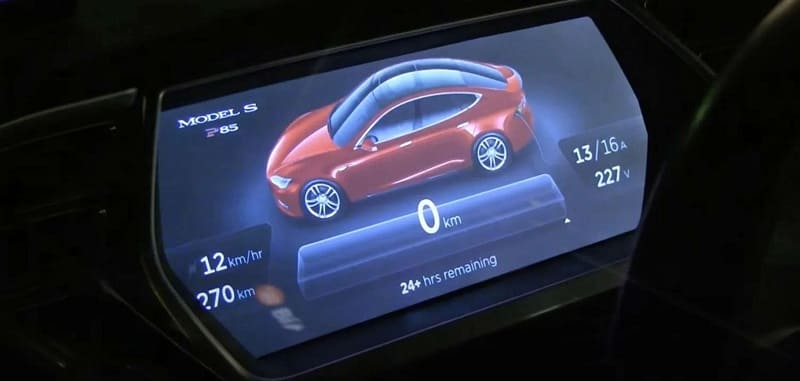
-European Recyclers’ call to ensure strong push for circularity under EU Packaging Regulation
Following the Commission’s proposal for a Packaging and Packaging Waste Regulation (PPWR), the European Recycling Industries’ Confederation (EuRIC) publishes its position paper on the proposal in view of ongoing discussions in the Council and the European Parliament. While the European recycling industry strongly supports the proposal, certain barriers and loopholes for more circular packaging still need to be overcome.
First and foremost, it is of overarching importance to ensure recyclability of all packaging placed on the market in the EU as soon as possible. Building on existing mature design for recycling (DfR) criteria, a stringent timeframe is required for the development and applicability of DfR criteria and recyclability at scale. Aromatic chemicals – Batteries – Bio
Stricter rules are also needed on compostable packaging for being allowed to be placed on the market in the EU. As proposed, the current provisions would send an unclear sorting message to consumers and disrupt functioning plastic sorting and recycling processes.
As a key driver for more circular packaging in the EU, binding minimum recycled content targets are paramount for investment and planning stability in the recycling sector. Derogations based on prices or availability would contradict the logic of binding targets in the first place and hamper the transition towards a more circular economy. At the same time, the achievement of binding targets shall be ensured through ambitious packaging collection targets of minimum 80% for all packaging types applicable in all Member States by 2029.
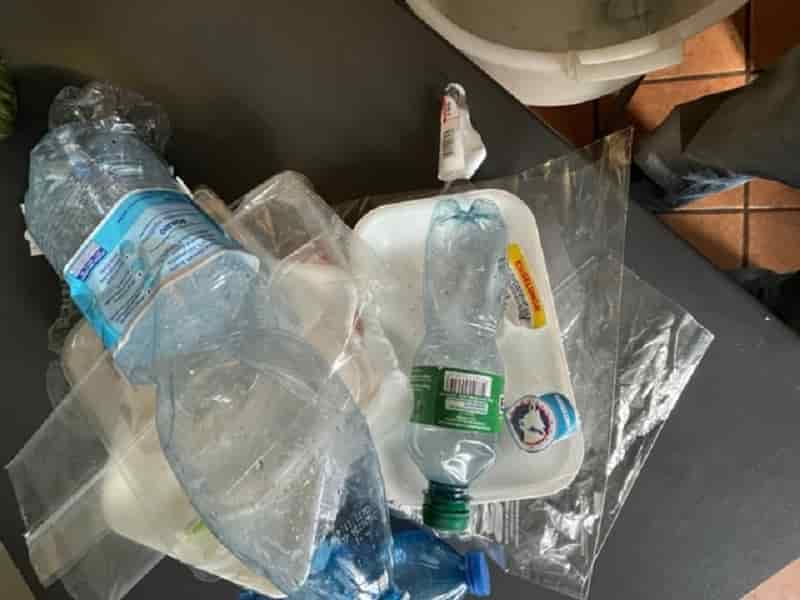
-Disruptive Bottling System Closes the Loop
The Boomerang Bottling System allows customers to sanitize, filter, fill, and cap single-serve water bottles on-site in reusable glass or aluminum containers that can be collected and refilled on-the-spot.
When single-serve water in plastic bottles hit the mainstream in the 1990s, no one could have imagined how pervasive it would become in consumers’ daily lives. According to Statista, the U.S. bottled water market is currently valued at $94.07 billion, with a 6.34% annual CAGR through 2027. More Americans drink bottled water than any other packaged beverage, and for good reason: It offers a healthy, safe, and calorie-free alternative to sugary beverages and provides hydration on-the-go in a portable, unbreakable container.
What consumers could also not have predicted though was the impact these single-serve containers would have on the environment and natural resources in the decades to come. Single-serve plastic beverage bottles have become the poster child for packaging pollution. According to the Container Recycling Institute, 86% of disposable water bottles used in the U.S. become garbage or litter, which translates to 38 billion disposable water bottles going to landfill each year. Aromatic chemicals – Batteries – Bio
When former military airman Jason Dibble began the first of his four tours of duty in Afghanistan, he was confronted with the most extreme example of bottled water’s negative environmental effects. “When I got in country, the first thing they handed me was a bottle of water. Now, the statement after that is the shocking one, which was, ‘Make sure you drink from it, you brush your teeth with it, you cook with it, but shower with the water that’s already here,’” Dibble shares. “And that stuck with me forever.
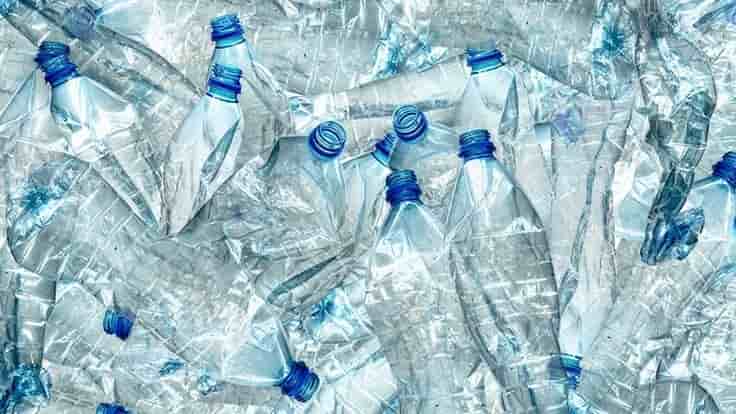
-BioBTX, Agilyx partner on the production of circular aromatic chemicals
Groningen, the Netherlands-based BioBTX B.V., a company that has developed proprietary technology enabling the production of renewable aromatics from waste, and chemical recycling company Agilyx have announced a new collaboration aimed at the further scale up of BioBTX’ technology.
The two partners are planning a commercial demonstration plant – BioBTX’s first – based on a combination of Agilyx pyrolysis technology and BioBTX’s catalytic technology to explore the production of renewable aromatic chemicals (benzene, toluene, xylene, or BTX). Aromatic chemicals – Batteries – Bio
Agilyx’s technology enables the processing of difficult-to-recycle post consumer waste plastics, producing pyrolysis vapours that BioBTX’s catalytic technology then converts into aromatic chemicals.
The integration of these two technologies will yield a high quality BTX product, meeting the demanding specifications of the chemical industry whilst also converting difficult to recycle plastic waste streams.
Aromatic chemicals are fundamental building blocks of the chemical industry. With a market size of approximately €200 billion per year, growing to € 500 billion or more in 2050 the potential is enormous. They are used to produce everything from drugs to nylon clothing and key elements of the green energy transition like wind turbine blades.
The deal is a ‘first of its kind’ collaboration in Europe between Agilyx and BioBTX to produce renewable aromatic chemicals in the Benelux region and, noted Tim Stedman, CEO of Agilyx, who called it a significant milestone for chemical recycling.
“We are thrilled to bring these two technologies together for this innovative collaboration,” he said. Aromatic chemicals – Batteries – Bio
The announcement comes as the EU pushes ahead with its Circular Economy Action Plan which seeks to address the interface between chemicals, products, and waste legislation.
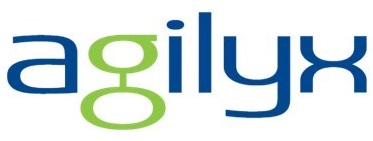
-CalRecycle releases recycled-content reports
Most beverage brands failed to meet CalRecycle’s requirements for post-consumer resin use or didn’t report to the regulator at all. | Noom CPK/Shutterstock
Coca-Cola Co., PepsiCo and other big beverage brands achieved California’s mandate to use 15% post-consumer resin in their bottles last year, but the list of smaller brands that failed to hit the target – or even report data to the state – stretches over 500 companies long.
A Resource Recycling analysis of newly released data from the California Department of Resources Recycling and Recovery (CalRecycle) shows that a few dozen companies, including some large ones, exceeded the requirements. Some, such as Keurig Dr Pepper and Niagara Bottling, dramatically increased their recycled PET purchases for California bottles in 2022. Aromatic chemicals – Batteries – Bio
But the data also shows that most beverage brands either used zero post-consumer resin (PCR) in 2022 or failed to report data to the state by March 1, as required by law.
For years, beverage producers have been required by California law to publicly report how much virgin and recycled plastic they use in their bottles covered by the California Redemption Value (CRV) program. But Assembly Bill 793 made 2022 the first year in which they were required to use PCR, although penalties for failure to meet the requirements won’t be imposed until after 2023 reports are submitted.
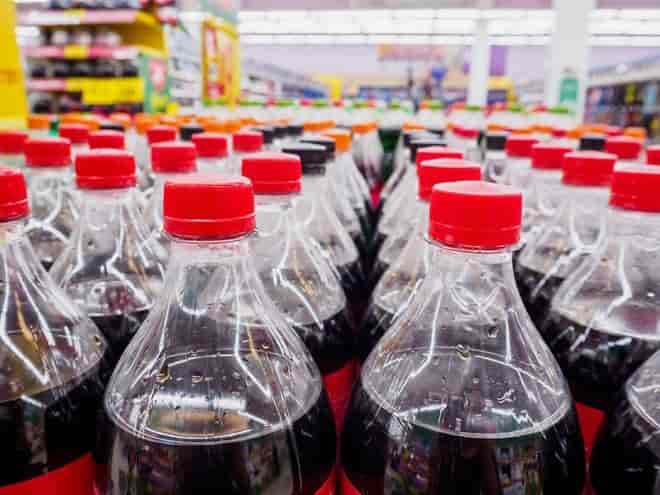
-Korea, US sign 23 MOUs to bolster ties in batteries, bio, nuclear power
Korea’s leading energy, battery, construction and chemical companies have agreed to fortify cooperation with their U.S. counterparts outlined in 23 memoranda of understanding (MOUs) signed during a meeting between executives and high-ranking officials of the two countries, the trade ministry said Tuesday
The bolstered commitment came on the occasion of President Yoon Suk Yeol’s six-day state visit to the U.S. Aromatic chemicals – Batteries – Bio
The Ministry of Trade, Industry and Energy said 45 executives of state-run and private enterprises from both countries attended a business forum to advance bilateral high-tech and clean energy partnerships at the Waldorf Astoria Hotel in Washington, D.C. Tuesday (local time).
High-ranking executives of Doosan, Doosan Robotics, SK, HD Korea Shipbuilding & Offshore Engineering, Hyundai Engineering & Construction, Lotte Chemical, Korea Electric Power Corp. (KEPCO) and Korea Hydro Nuclear Power (KHNP) attended the event.
The U.S. firms included Boeing, Rockwell, GE, Centrus, Terrapower, Nuscale, Holtec International, ExxonMobil, Plug Power Siemens.
Of the 23 MOUs, 10 were signed between high-tech industry players, including manufacturers of batteries and robots, as well as autonomous vehicle system operators and aerospace research institutes. The remaining 13 involved clean energy companies in the fields of hydrogen, nuclear power and carbon neutral energy.
“Korea and the U.S. will further expand alliances beyond military and security matters to include high-tech industries,” Minister of Trade, Industry and Energy Lee Chang-yang said during the meeting. Aromatic chemicals – Batteries – Bio
